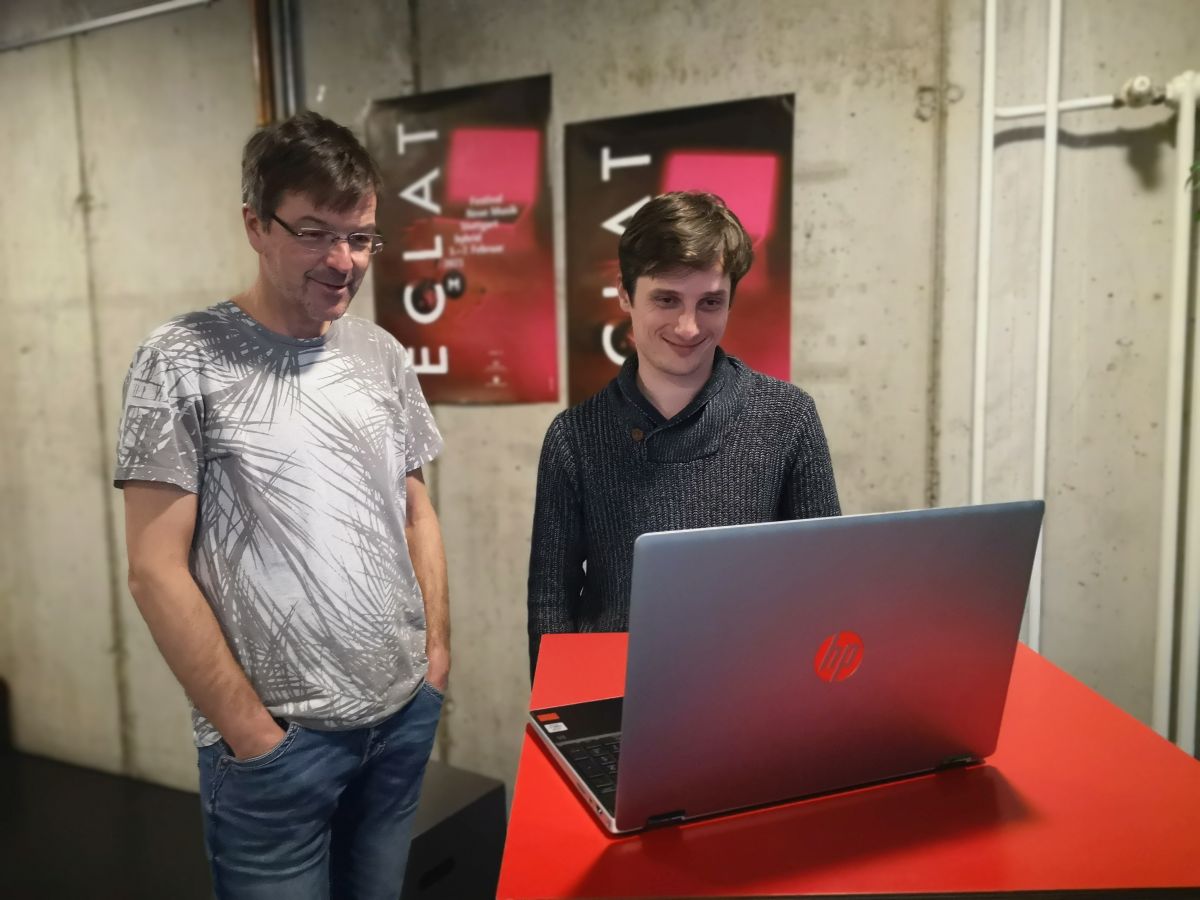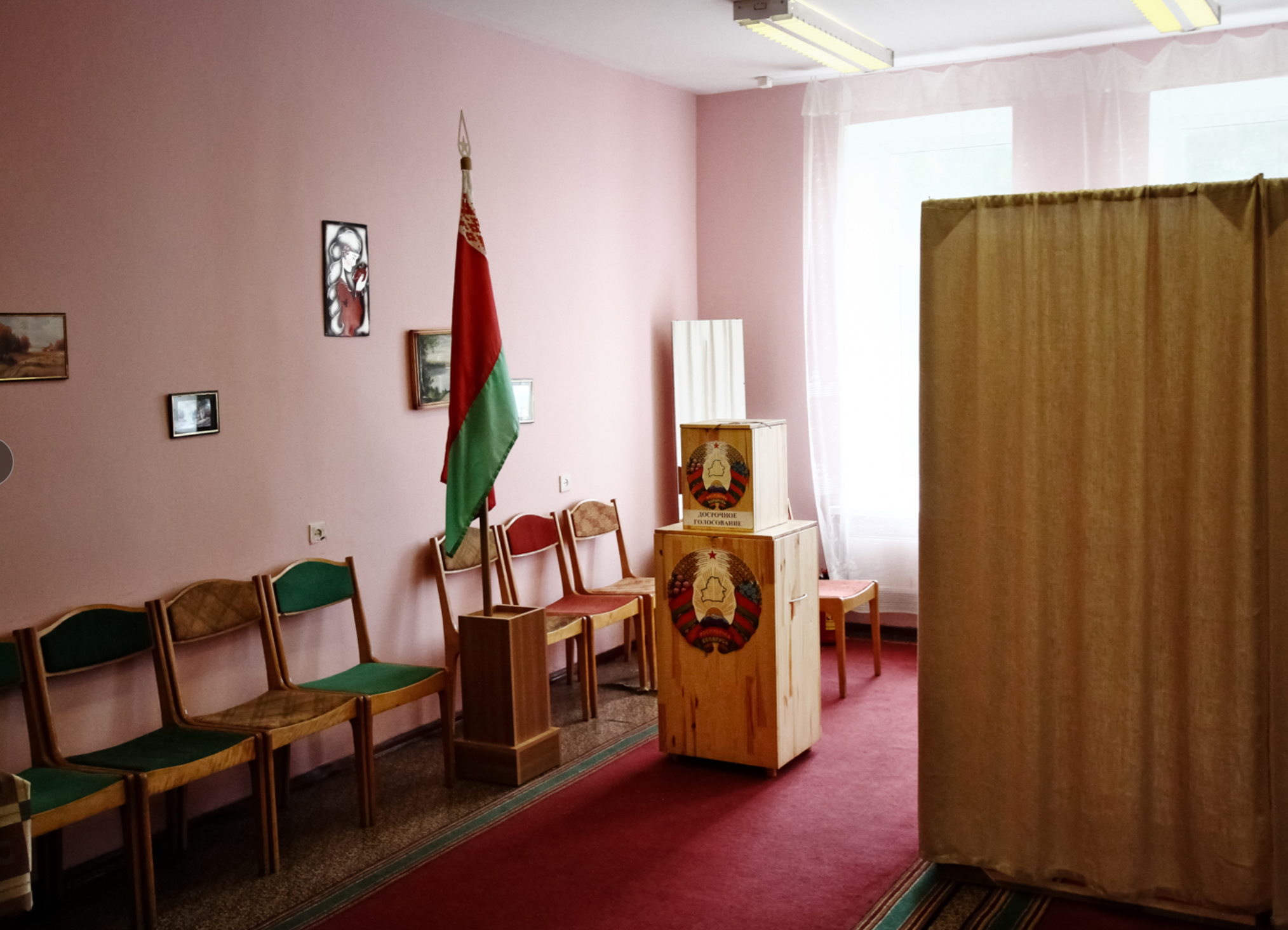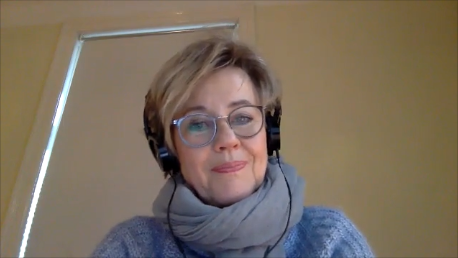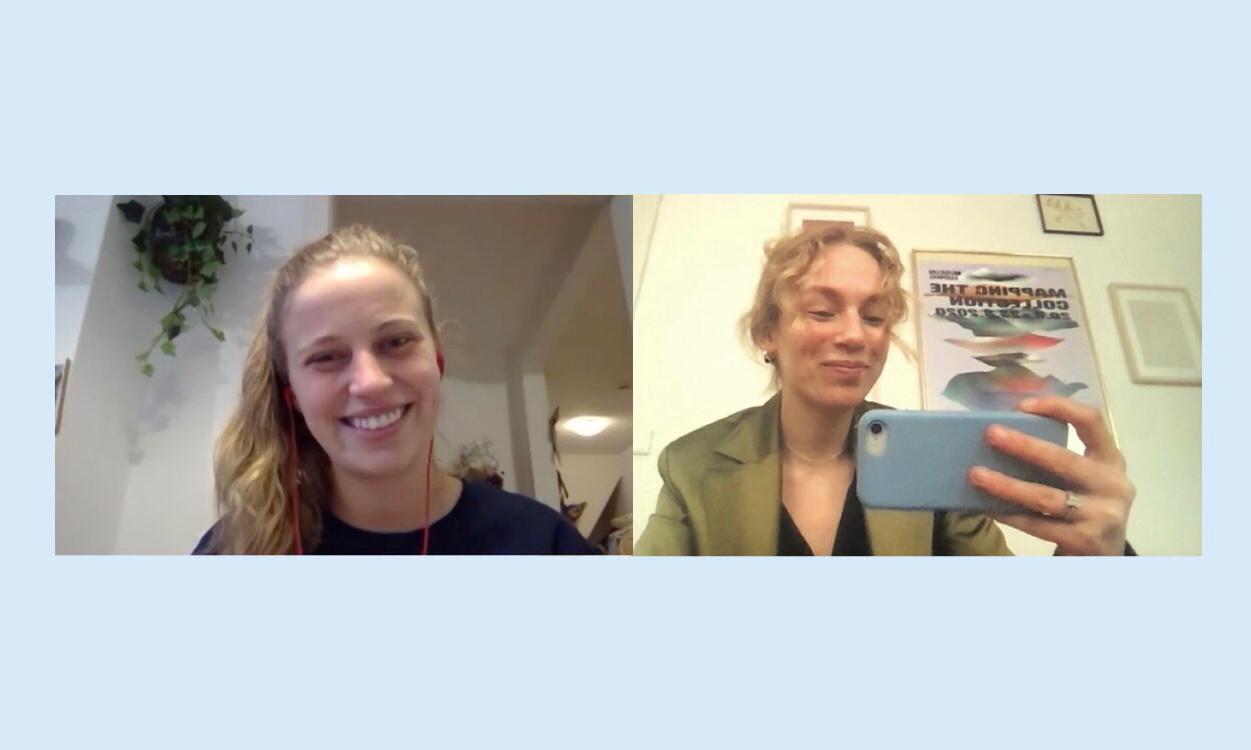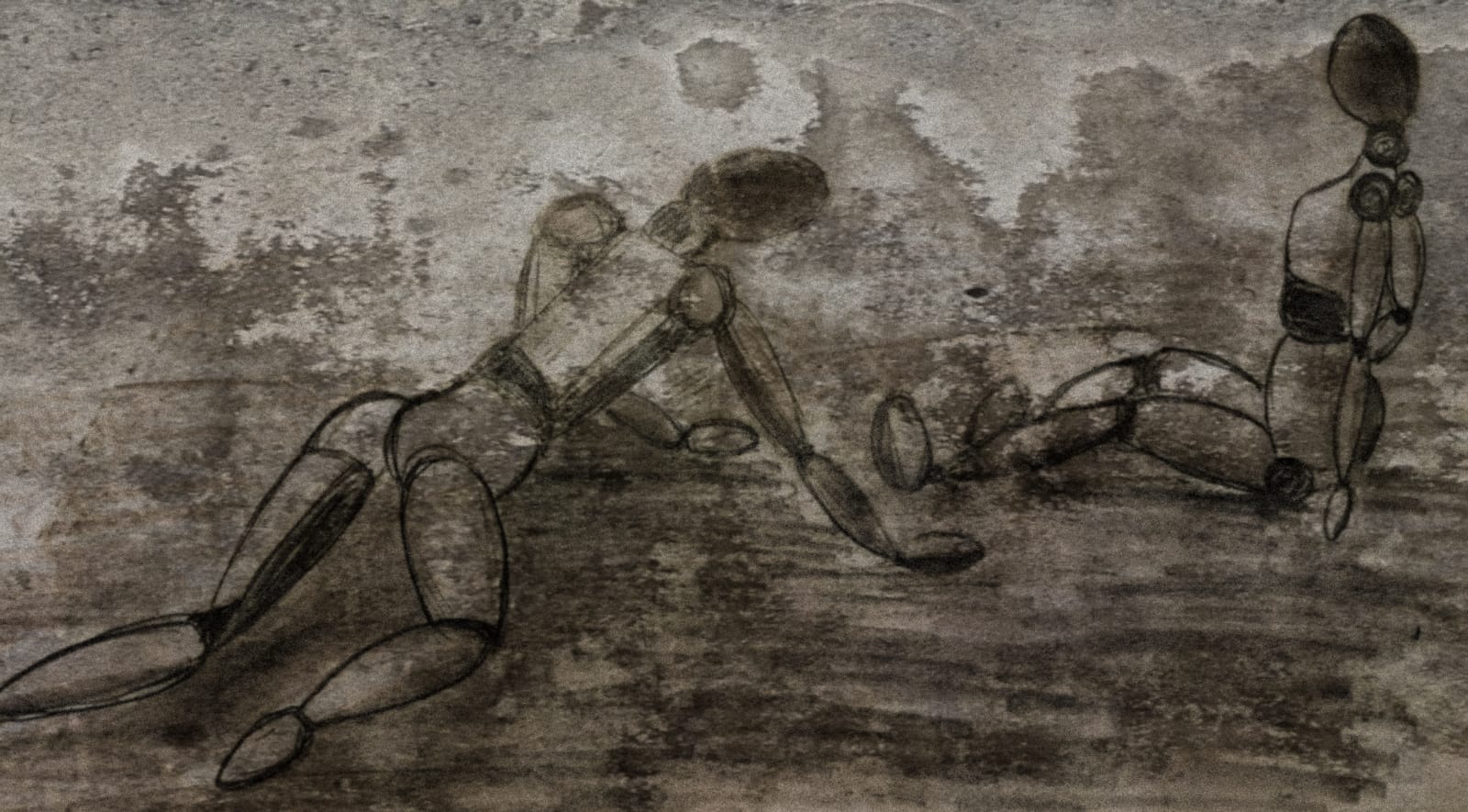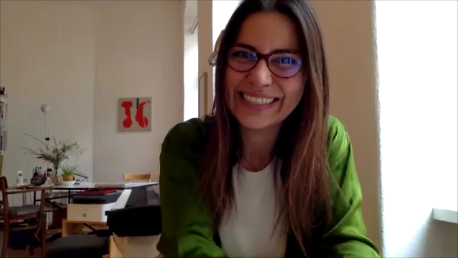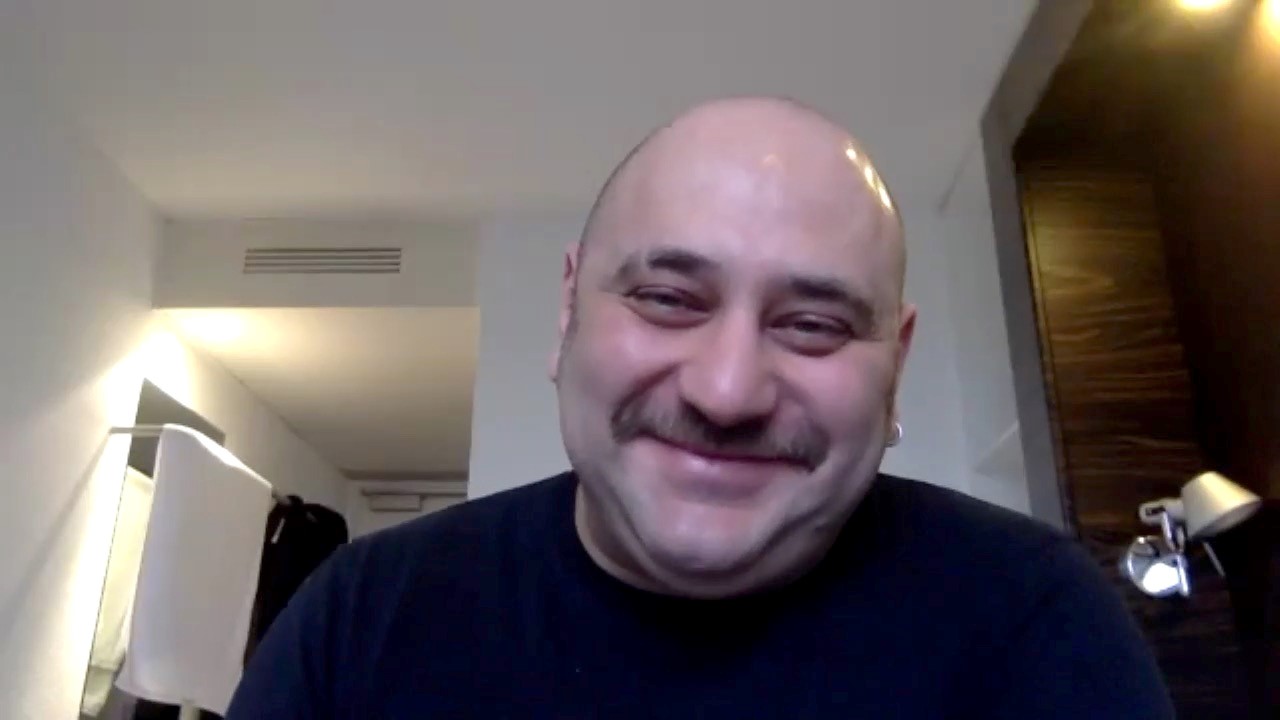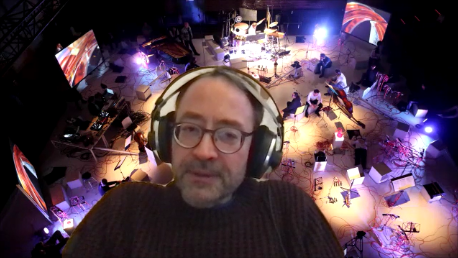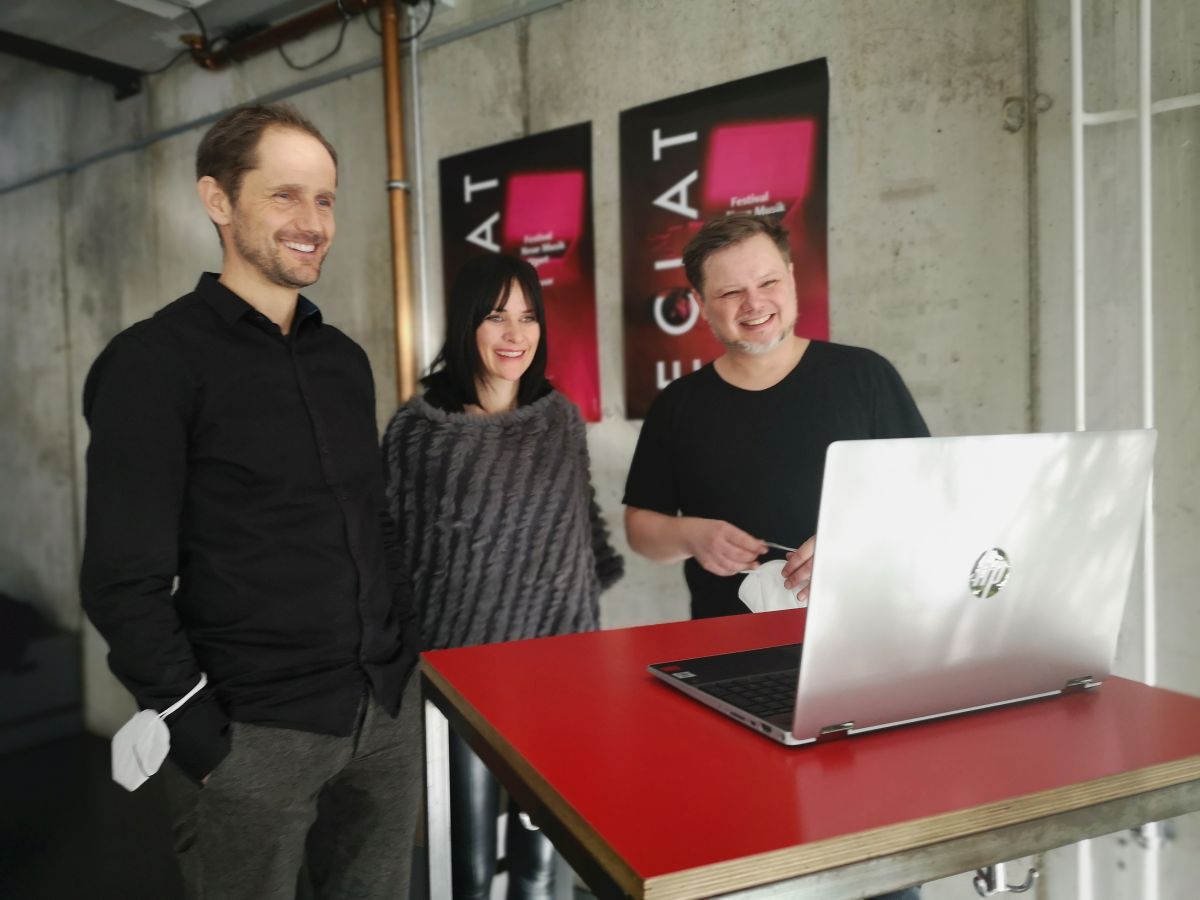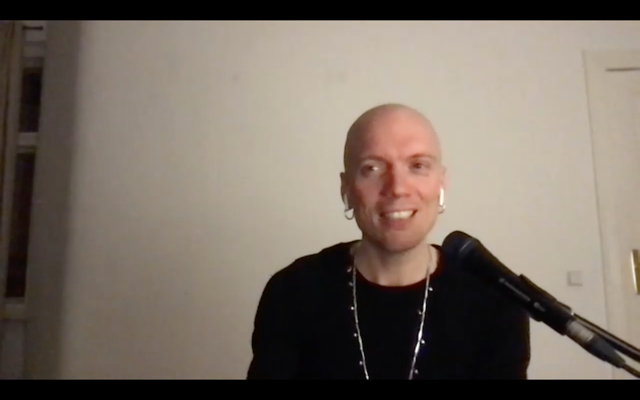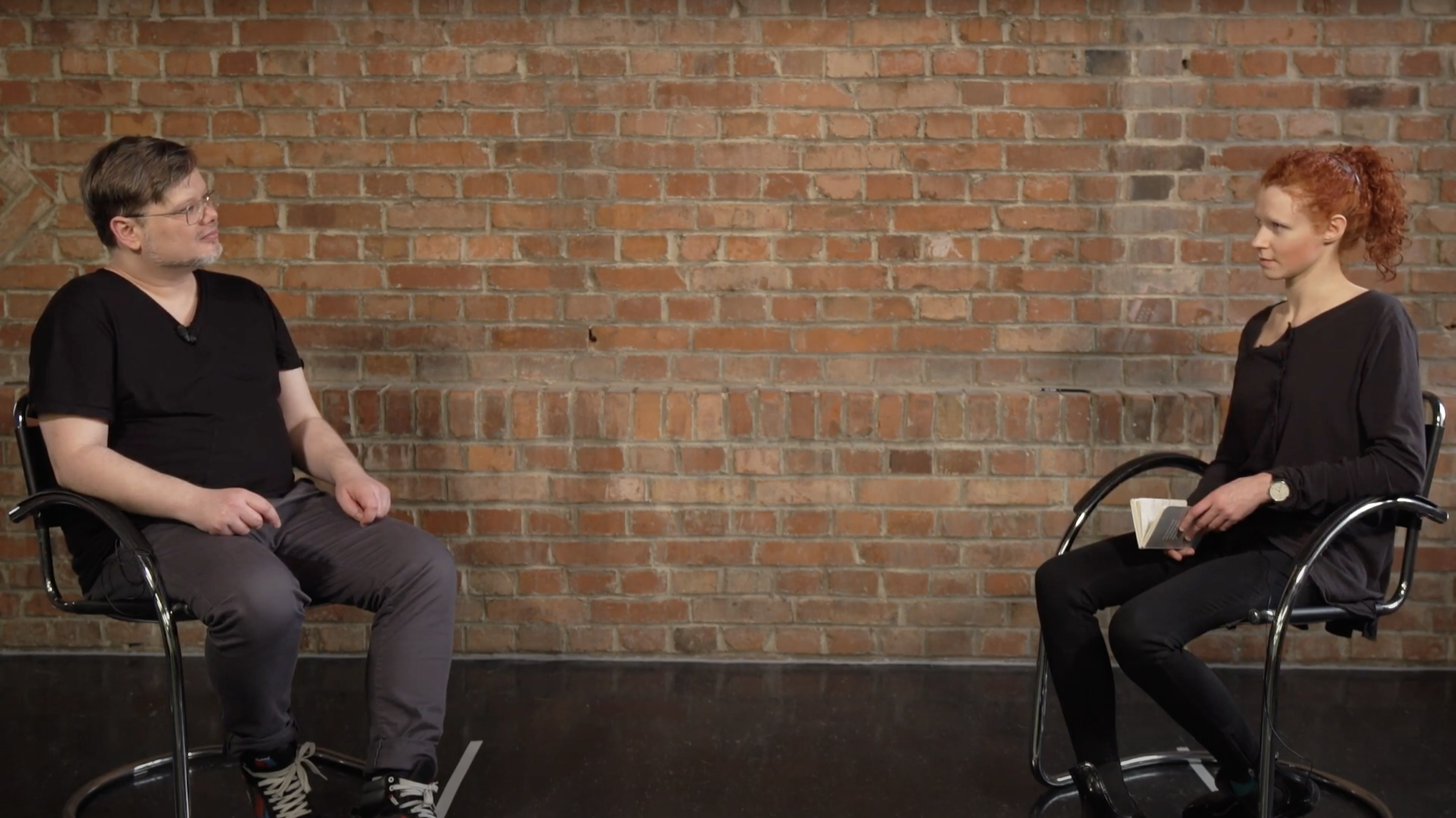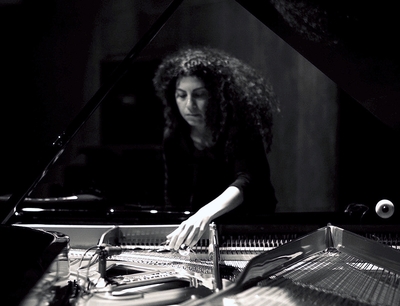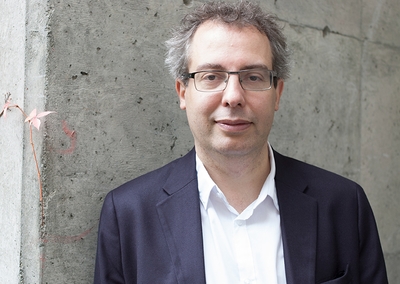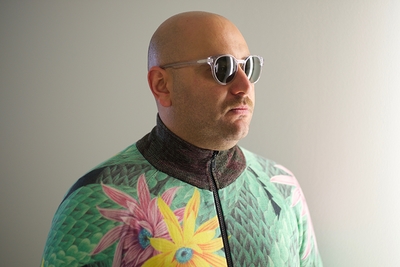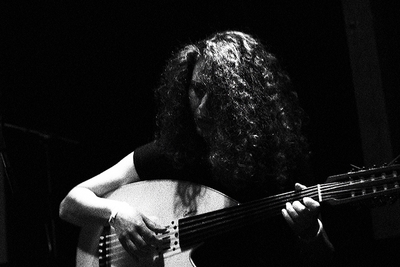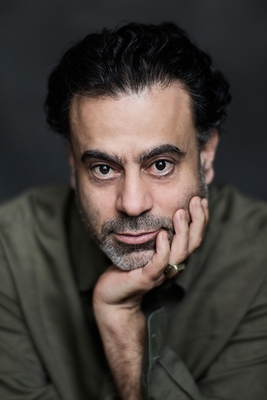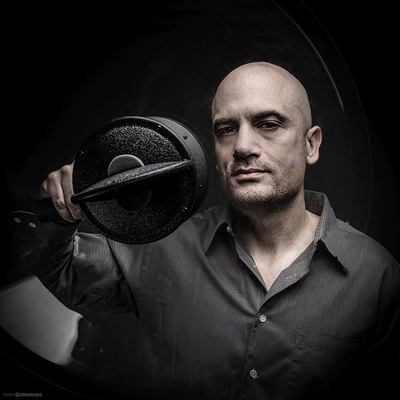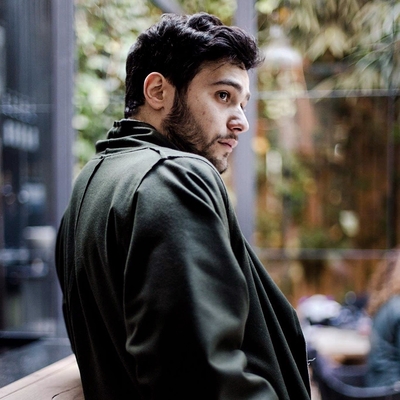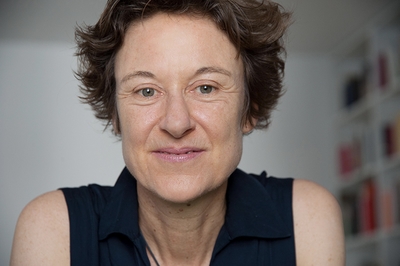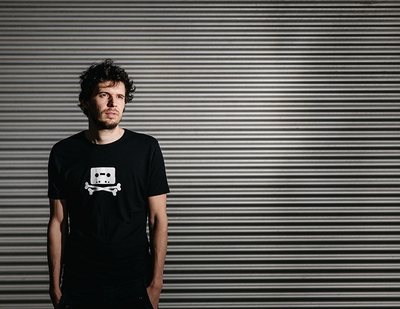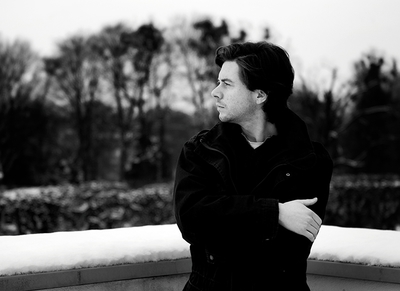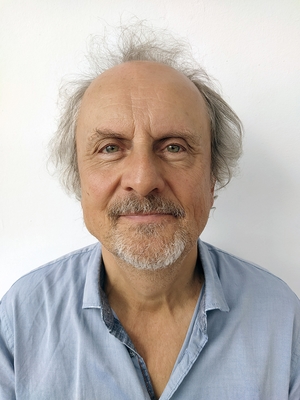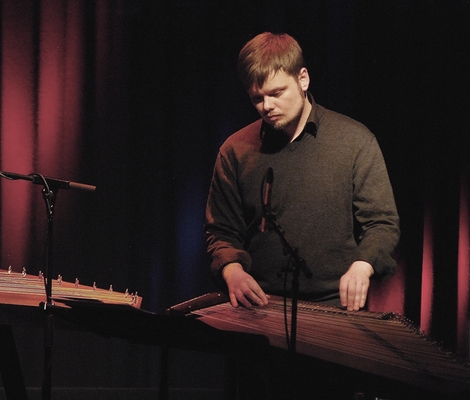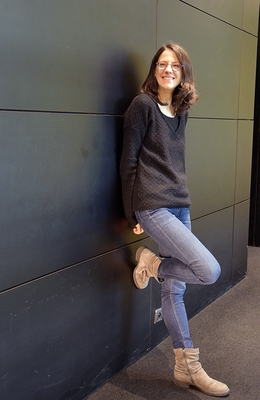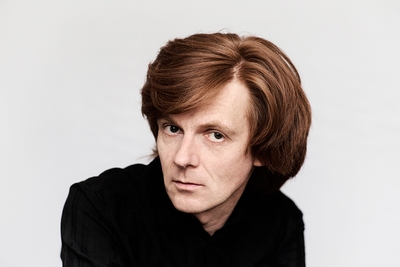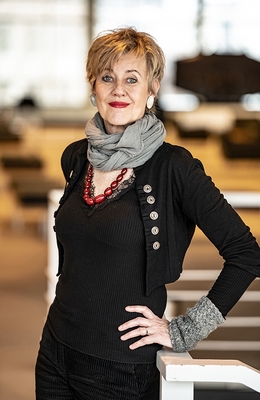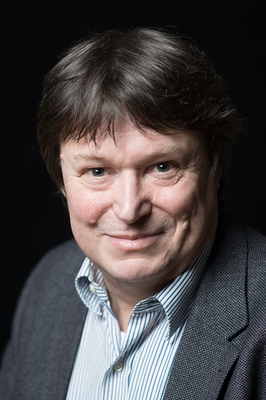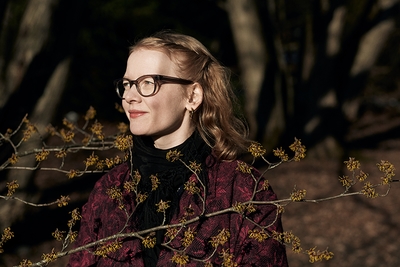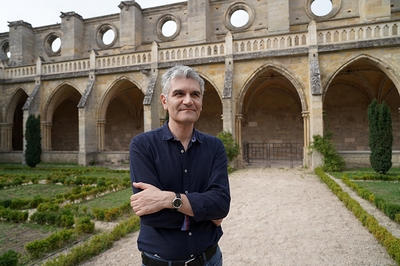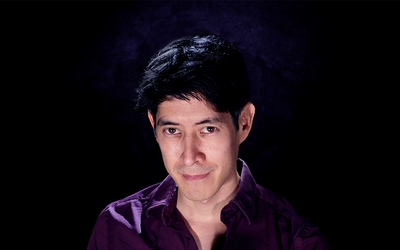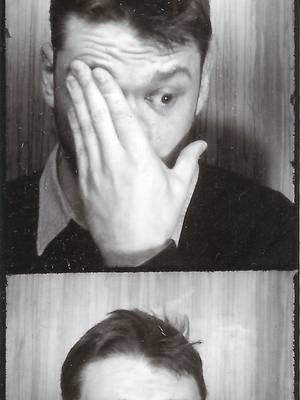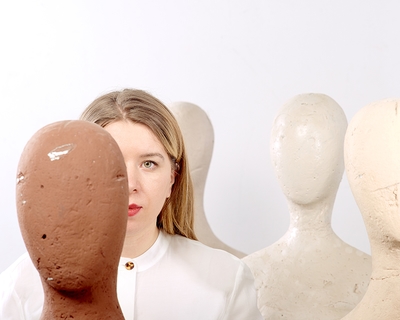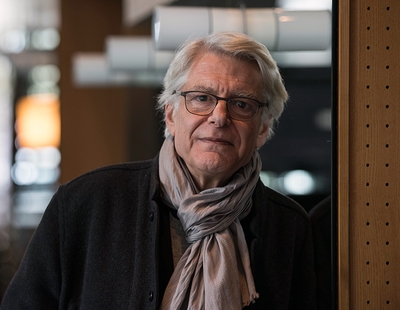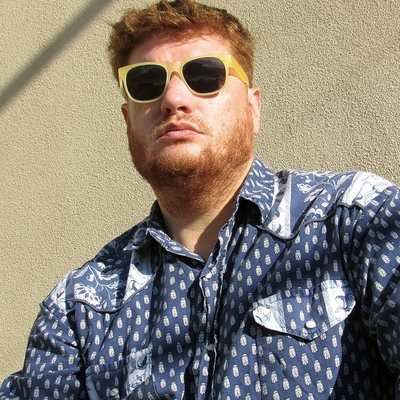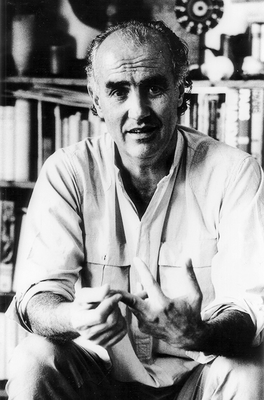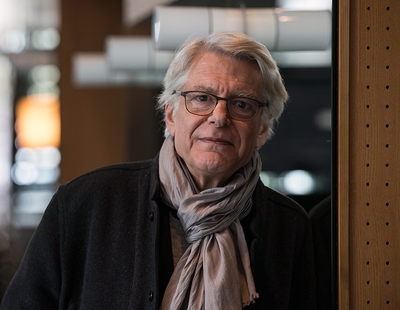Deutsch
In den letzten zwanzig Jahren hat Dániel Péter Biró sich in seiner kompositorischen Arbeit mit Problemen des historischen Hörens und Verstehens befasst. Auf diese Weise wird der Akt des Komponierens für ihn zu einer Art klangvoller Archäologie; eine Entdeckung der Komplexität des Klangs als instabiles, facettenreiches Objekt der Kultur, eine Enthüllung von Schichten der Geschichte und Bedeutung. Gleichzeitig bedeutet Komponieren für ihn die Schaffung neuer Kontexte für Klang. Innerhalb dieses Widerspruchs - das Verständnis und die Bewahrung dessen, was kulturell und historisch weit entfernt ist und seine gleichzeitige moderne Transformation - entstand das Stück „Asher Hotseti Etkhem" (Der aus dem Land führte) basierend auf Texten von Baruch Spinoza (1632-1677) und jüdischen und christlichen Gesängen aus Portugal, Beirut und Montréal. Diese Komposition strebt wie andere seiner Werke ein Verständnis der Geschichte innerhalb des musikalischen Materials an und ermöglicht dem Klang, seine klangliche und formale Existenz zu überschreiten - mehr als nur ein historisches Objekt zu werden, das für den individuellen Ausdruck neu artikuliert wird.
In seinem philosophischen Traktat „Ethik" versuchte Baruch Spinoza eine neue Art von Theologie zu präsentieren, eine, die unabhängig von der organisierten Religion, wie der seiner eigenen portugiesisch-jüdischen Gemeinde in Amsterdam, war. Die musikalischen Materialien der Komposition, die einen Text von Spinoza vertonen, stammen aus liturgischen Quellen, die sich auf Spinozas Philosophie und seinen Hintergrund beziehen, so dass ein Kontrast zwischen den Welten der sehr rationalen philosophischen Ideen Spinozas und einer Melodie aus dem 15. Jahrhundert aus Portugal aus der Zeit der Vertreibung der Juden entsteht. Die Melodie aus der Maghen-Abraham-Synagoge in Montréal basiert auf der aus der inzwischen verlassenen Maghen-Abraham-Synagoge in Beirut und diese wiederum stammt aus der Zeit der portugiesischen Vertreibung. Die Komposition entstand während der aktuellen Pandemie, in der sowohl spirituelle als auch säkulare Rahmenbedingungen an ihre Grenzen stoßen. Sie erforscht historisch Möglichkeiten innerhalb dieser Fragmentierung für ein größeres Gefühl der menschlichen Verbindung zur Natur und zum Göttlichen, im Hinblick auf die Bewegungen des Geistes über Territorien, Kulturen und Traditionen hinweg.
English
In the last twenty years, Dániel Péter Biró has addressed problems of historical listening and comprehension in his compositional work. In this way, the act of composing becomes for him a kind of sonorous archaeology; a discovery of the complexity of sound as an unstable, multifaceted object of culture, an unveiling of layers of history and meaning. Simultaneously, composing exists as the creation of new contexts for sound. Within this contradiction – the comprehension and preservation of that which is culturally and historically distant and its simultaneous modern transformation – the piece "Asher Hotseti Etkhem" (Who Brought You Out of the Land) based on texts from Baruch Spinoza (1632 -1677) and Jewish and Christian chants from Portugal, Beirut and Montréal, was created. This composition, like his other works, seeks a comprehension of history within musical material, making possible for sound to transcend its sonorous and formal existence – to become more than a historical object, articulated anew for individual expression.
In his philosophical treatise "Ethics", Baruch Spinoza attempted to present a new type of theology, one that was autonomous from organized religion, such as that of his own Portuguese Jewish community in Amsterdam. Setting text from Spinoza, the musical materials of composition stem from liturgical sources that relate to Spinoza’s philosophy and background, allowing for a contrast between the worlds of the very rational philosophical ideas of Spinoza and a 15th century melody from Portugal from the time of the expulsion of the Jews. The melody from the Maghen Abraham synagogue in Montréal is based on the from the now abandoned Maghen Abraham synagogue in Beirut and this stems, in turn, from the time of the Portuguese expulsion. The composition, created during the current pandemic, where both spiritual and secular frameworks are brought to a breaking point, historically explores possibilities within this fragmentation for a larger sense of human connection to nature and the divine, in terms of the movements of spirit across territories, cultures and traditions.

